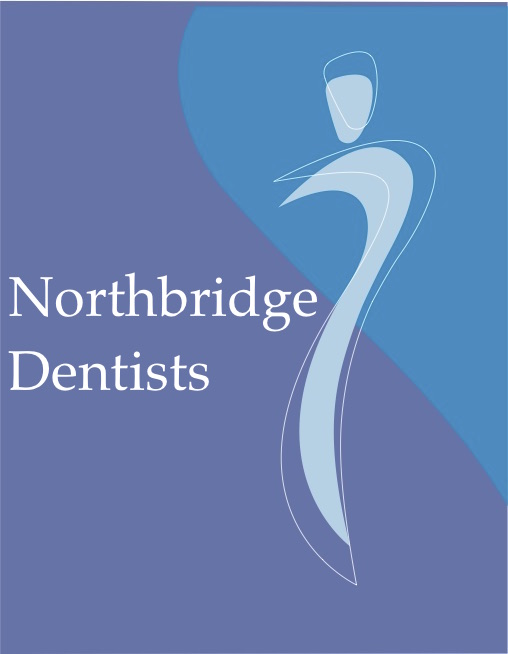Tooth extractions at your local Northbridge Dentist
Let’s face it. It’s never nice to have teeth out. But sometimes it’s the option left. Luckily, the friendly Northbridge Dentists team will look after you and go through everything you need to know.
Extractions of teeth involve the removal of the crown and root of a tooth. If you require extraction, please discuss all replacement options with your dentist prior to treatment. If you decide not to replace the tooth, be mindful that in time, teeth may drift into the gap - this may change your bite and chewing ability. Loss of a tooth also concentrates the load onto the remaining teeth.
Please tell the dentist of any medical conditions, medications or allergies. A radiograph of the tooth is always required (by law) prior to extraction to view the roots of the teeth. Today’s anaesthetics are extremely effective in making the procedure as comfortable as possible. The friendly Northbridge Dentists team also has happy gas (nitrous oxide) to help keep you calm and relaxed.
For particularly difficult extractions or some wisdom teeth extractions, referral to a trusted specialist oral surgeon may be required. This can be organised efficiently by your Northbridge Dentists team.
Wisdom teeth
OK. So who came up with the name “wisdom teeth?” I mean, they’re anything but wise and often cause problems at the worst possible time.
Wisdom teeth usually erupt between 17 and 25 years of age. There is no “normal” number of wisdom teeth, although most people have somewhere between zero and four. Many wisdom teeth never erupt. Where there is space, wisdom teeth may erupt without incident. However, sometimes wisdom teeth can be difficult.
Why do I need my wisdom tooth/teeth out?
Limited space: This is the most common reason for removal of a wisdom tooth. Many wisdom teeth start to push through partially, but cannot come through completely. There is simply not enough space for them to fit, which can lead to further problems.
Persistent infection/pericoronitis: When a tooth partially comes through the gum, it leaves a flap of gum half covering the tooth (called “operculum”). Plaque and bacteria can multiply here and cause pericoronitis - a painful localised gum infection.
Traumatic bite: Wisdom teeth can often lead to biting of cheeks and gums at the back of the mouth. This can cause continuous ulcers and pain.
Damage to adjacent teeth: If bacteria is stuck between the wisdom tooth and the tooth in front, it may either resorb (eat away) the tooth or cause decay.
Damage to the tooth: As with any tooth, if a wisdom tooth suffers excessive damage to it from decay, trauma or periodontal disease, it may need to be removed.
Pathology: In rare cases un-erupted wisdom teeth can be associated with pathology like cysts or tumours.
FAQs
Can I be “knocked out” for the extraction?
Yes, but it depends on the complexity of the extraction. For straightforward extractions, either local anaesthetic or happy gas is usually sufficient, even for nervous patients. For more complex extractions or multiple difficult extractions, sometimes this can be done under general anaesthetic, usually in a hospital setting by a specialist. This can be organised through your Northbridge Dentists team.
What is a dry socket?
This is where a blood clot fails to form and the socket is left open, exposing bone. A dry socket can usually be minimised by avoiding rinsing for 24hrs, not smoking and not agitating the healing area. Pain that persists or starts 2-3 days following extraction, may indicate dry socket. Your dentist may need to place a dressing for this.
My wisdom teeth came through and caused my front teeth to become crowded. Is this correct?
No. But it is understandable how people have arrived at this conclusion. The reality is that teeth are firmly anchored into bone and wisdom teeth don’t contribute to crowding for the front teeth. This has been proven time and time again by literature. A good article from the American Association of Orthodontists discusses lower anterior crowding of teeth in detail. Click HERE for a (very) detailed article on this.


